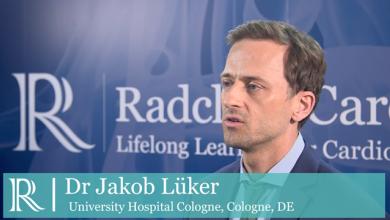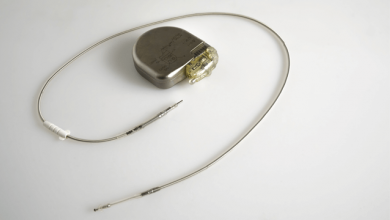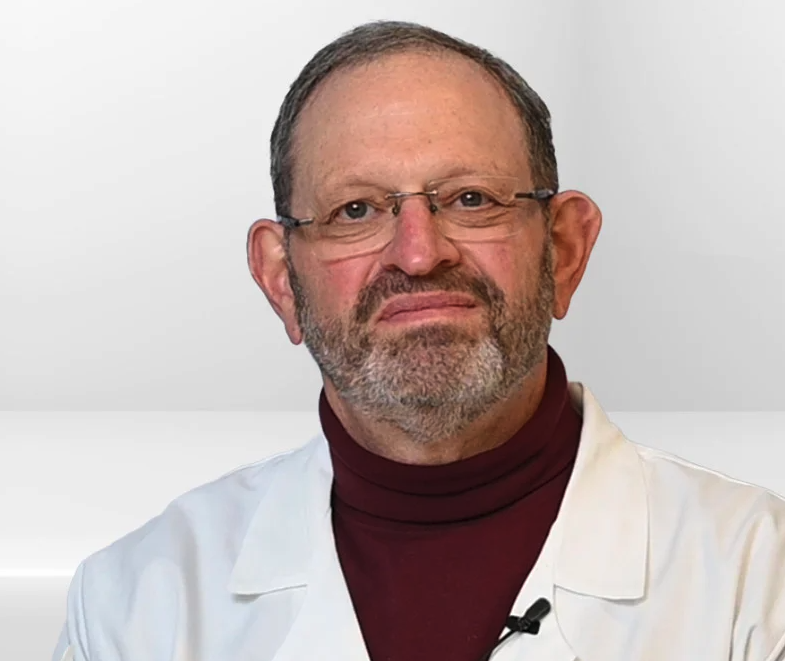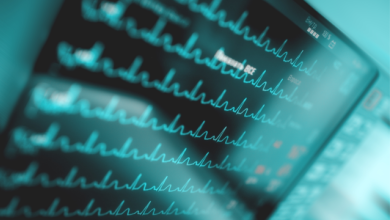Search results
The S-ICD: New Insights
Author(s):
Thomas A Turnage
,
John A Kpaeyeh
,
Michael R Gold
Added:
3 years ago
Article
Author(s):
Soraya M Samii
,
Gerald V Naccarelli
Added:
3 years ago
Patients presenting with implantable cardioverter–defibrillator (ICD) shocks are increasingly common, primarily due to the expansion of ICD-placement indications. The discomfort and pain associated with ICD shocks often result in immediate medical attention. This occurs in emergency rooms and as acute visits in doctor’s offices. With the advances in remote monitoring, these alerts can also occur…
View more
EHRA 2019: Internal vs. External Electrical Cardioversion of Atrail Arrhythmias in Patients With an…
Author(s):
Jakob Luker
Added:
5 years ago
Video
Author(s):
Leah A John
,
Ahmadreza Karimianpour
,
Michael R Gold
Added:
2 years ago
Bruce Wilkoff
Job title: Cardiologist
Author
Nicholas Sunderland
Author
Author(s):
Rachel Koch Warnock
,
Roshan D Modi
,
Stacy B Westerman
Added:
7 months ago
Author(s):
Stacey Neuman
,
Micheal P Howard
,
John D Day
Added:
3 years ago
Implantable cardioverter–defibrillators (ICDs) are being implanted in an ever-increasing number of patients at risk for sudden cardiac death. To ensure the efficacy of the defibrillation system, step-down defibrillation threshold (DFT) testing has traditionally been used to ensure that the ICD can appropriately detect and terminate clinical ventricular fibrillation (VF).
Currently, the most…
View more
Paul Kalra
Job title: Professor
Author
Author(s):
Paul S Chan
Added:
3 years ago
Sudden cardiac death (SCD) is the leading cause of mortality in patients with ischemic heart disease and left ventricular dysfunction.1 The second Multicenter Automatic Defibrillator Implantation Trial (MADIT-II) and the Sudden Cardiac Death in Heart Failure Trial (SCD-HeFT) have shown that implantable cardioverter defibrillators (ICDs) reduce mortality in patients with ischemic heart disease and…
View more















